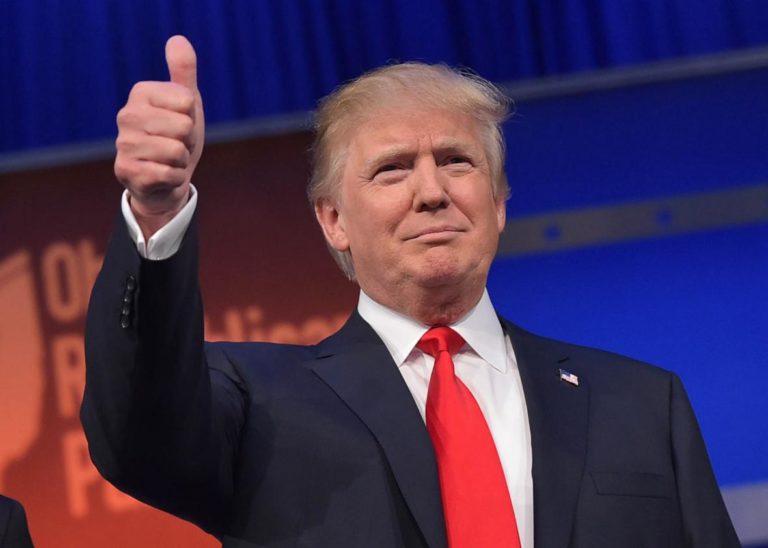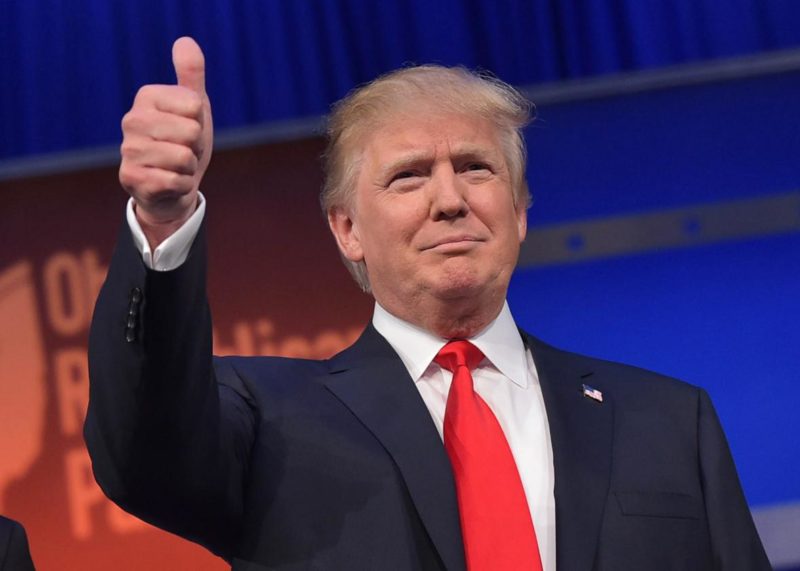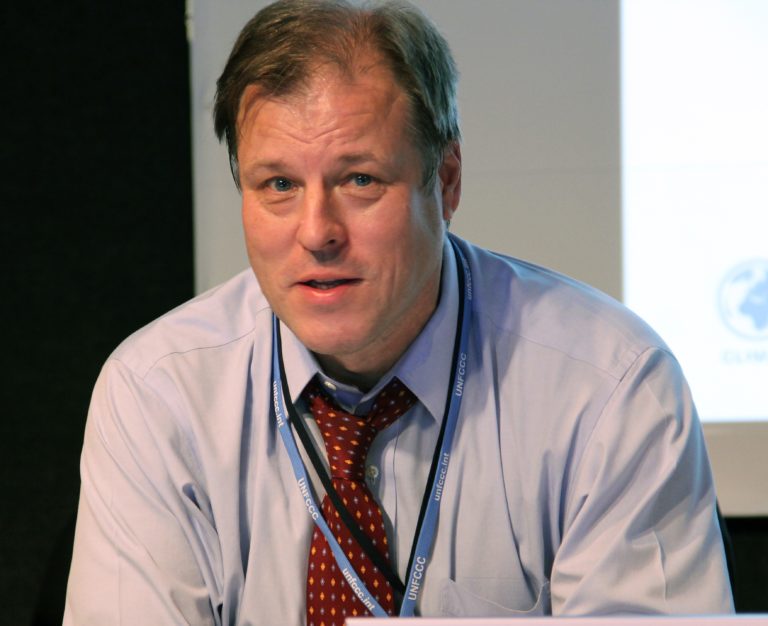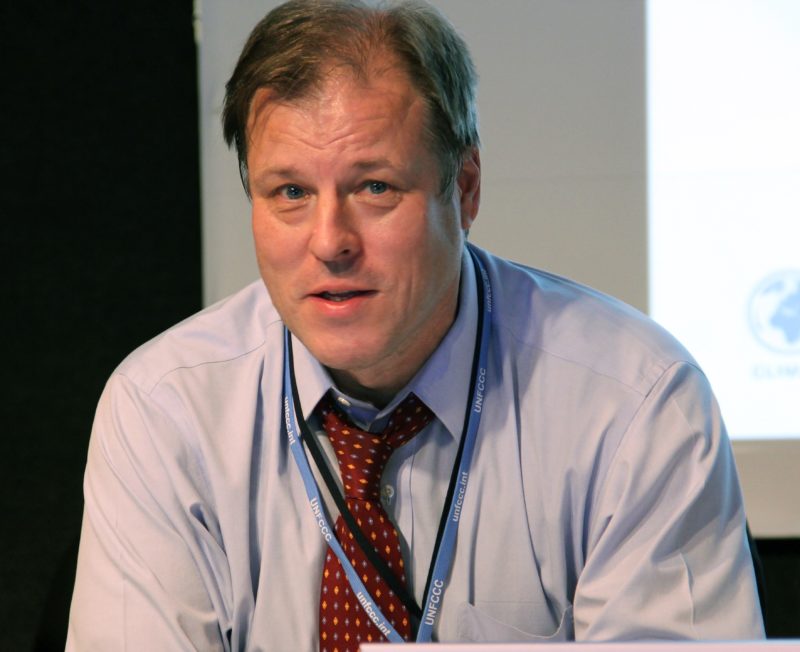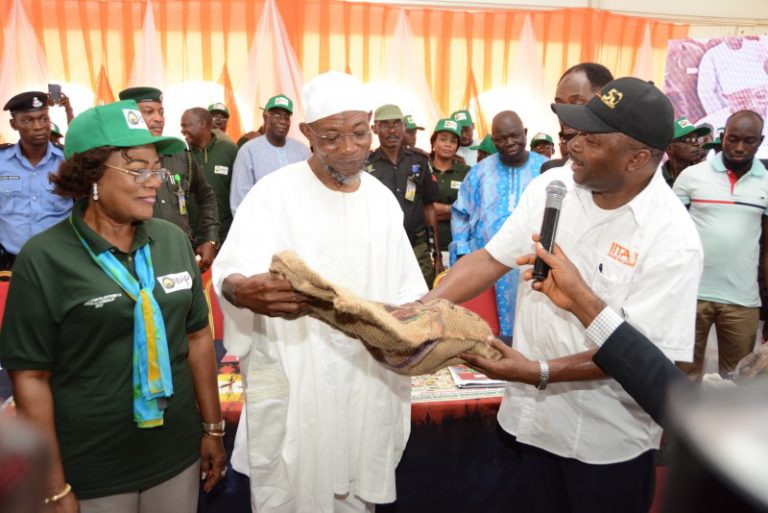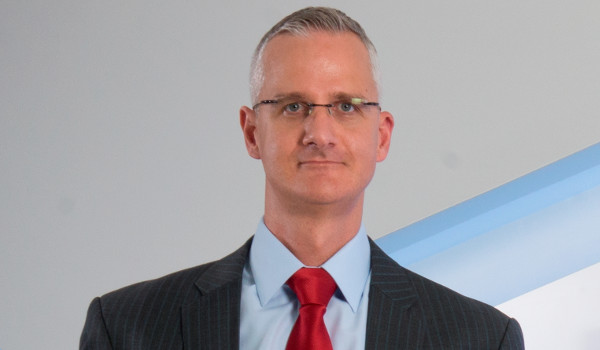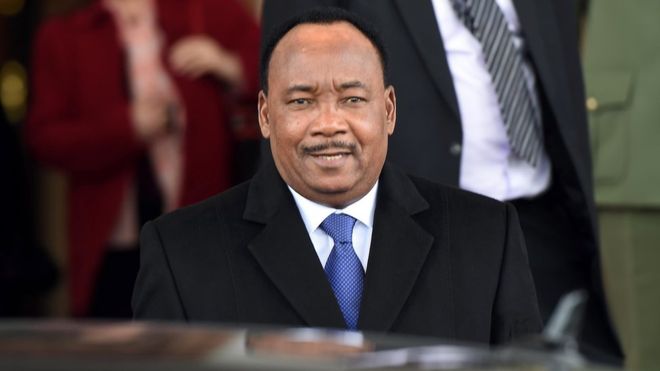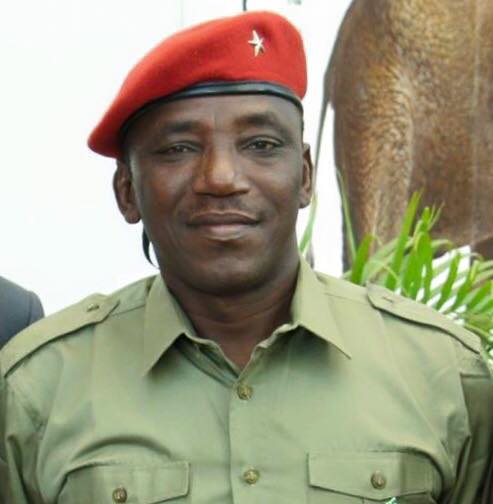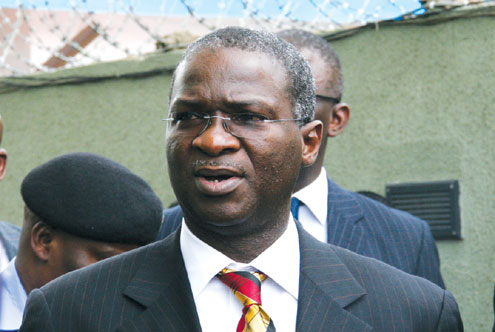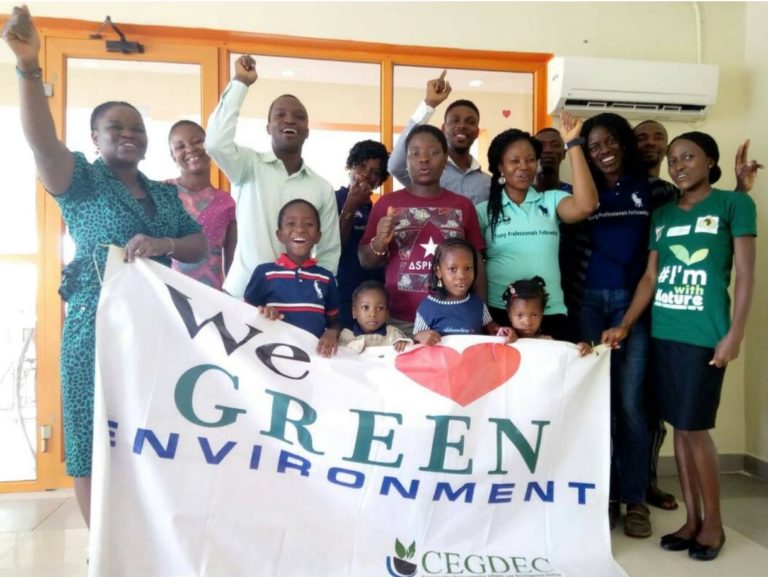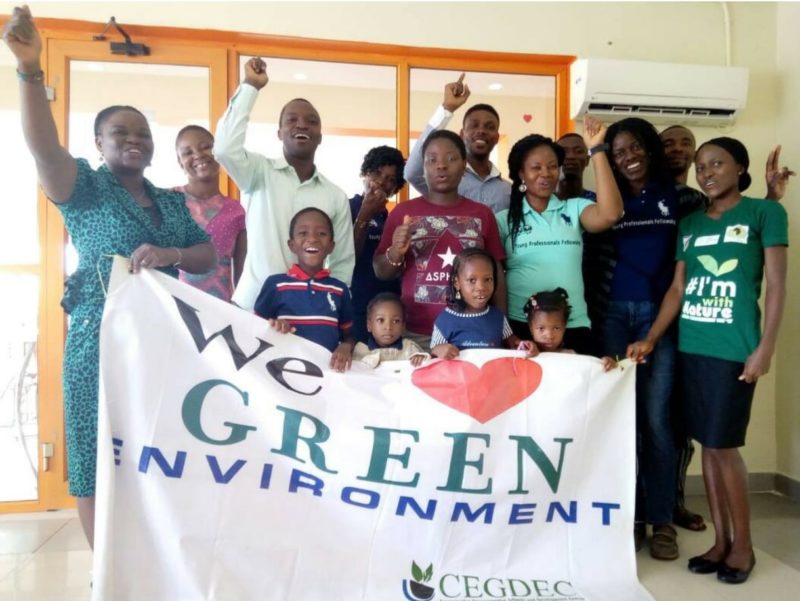The Federal University Ndufu-Alike Ikwo (FUNAI) and the Ebonyi State Government through its Ministry of Agriculture and Natural Resources are partnering to improve agriculture and bridge the palpable gap in food production in the state.
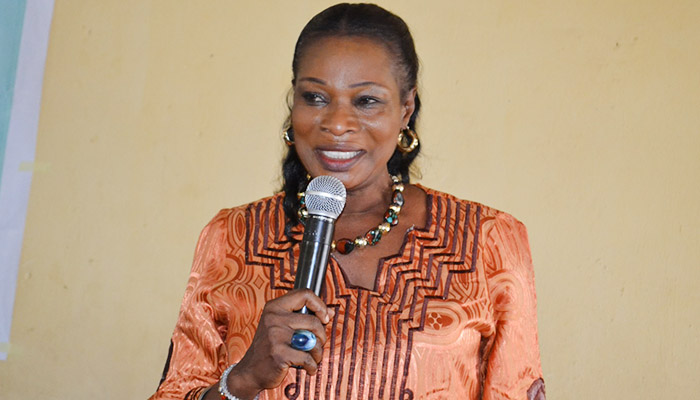
The collaboration is part of the university’s community service geared towards educating farmers, extension officers, staff of the Ministry of Agriculture and other critical stakeholders in the state on the modern ways of cultivating rice, cassava, cashew and other economic farm produce.
Flagging off the programme recently at Abakaliki Local Government Area, the state governor, David Umahi, represented by the Commissioner of Agriculture and Natural Resources, Uchenna Orji, said the partnership with the university was strategically positioned to equip the farmers and staff of the Ministry of Agriculture with the requisite modern knowledge and technical skills to improve farming activities in the state in other to ensure food security.
He noted that the Ebonyi State Government could not help but take advantage of the qualities and experiences of academics in the university to proffer solutions to the challenges hindering modern farming in the state, adding that it was high time farmers in the state imbibed new farming techniques.
He further stated that the collaboration would avail farmers in the state with the opportunity to learn how to improve soil nutrients, effective weed and pest control mechanism and effective marketing strategy, all geared towards increasing their harvest and financial intake
Decrying the crude farming methods still being used by most farmers in the state, Orji challenged the participants to use the opportunity provided by the workshop to improve their farming methods and thereby increase food production in the state.
Speaking on behalf of the local government stakeholders, the Vice Chairman of Afikpo Local Government Area, Mrs. Patricia Obila, noted that the training programme was very apt and strategic, adding that it would help local farmers to enhance their farming techniques.
She thanked the Ebonyi State Government and FUNAI for such a worthwhile partnership, advising the state government to make the training a yearly activity.
The three-day workshop was held at the three senatorial zones of the state – Abakaliki, Onueke and Afikpo.

